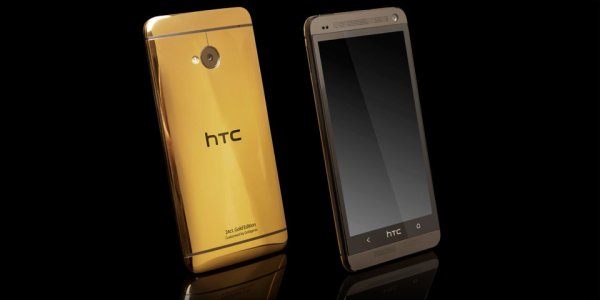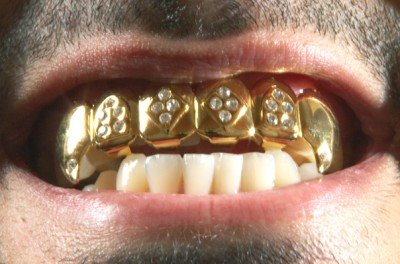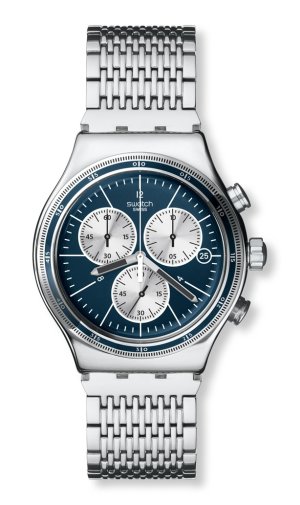Feeling is reality. To deny that is inaccurate. Having a premium feel is important, because it sells stuff.
When premium becomes a factor there are associated costs involved in it. A lot of that has to do with rarity, supply and demand, and materials cost.
We can induce feelings at any time, it does't mean there is any real basis to it. Ever find a cut on yourself you never felt but later on discover it was there?
Your feelings can trick you.
Now on to the one philosophical/business point.
Call this a case study.
Louis Vuitton has had stagnant growth over the last few years. New growth has come from emerging markets.
They were stuck with idea of how do they increase sales without becoming a mass market retailer. They saw problems with other luxury brands that were more expensive doing better than them.
They decided to take a new approach to increase growth. In fact in Q4 of 2013, they increase their growth by 7 percent and beat Wall Street estimates between 50-60 percent.
How did they go about to achieve this?
They raised their prices.
Wait these overprice handbags raised their prices?
Yes, they felt that their low end was to available.
To easy to get and too cheap for their standards.
They started pushing higher end bags and the better materials they used.
So the point is.
If you want be the company that makes a premium device, they make a real one.
Not some illusion of aluminum over plastic because it feels better.
If HTC really had a premium phone, their sales should have reflected the same. It didn't.




